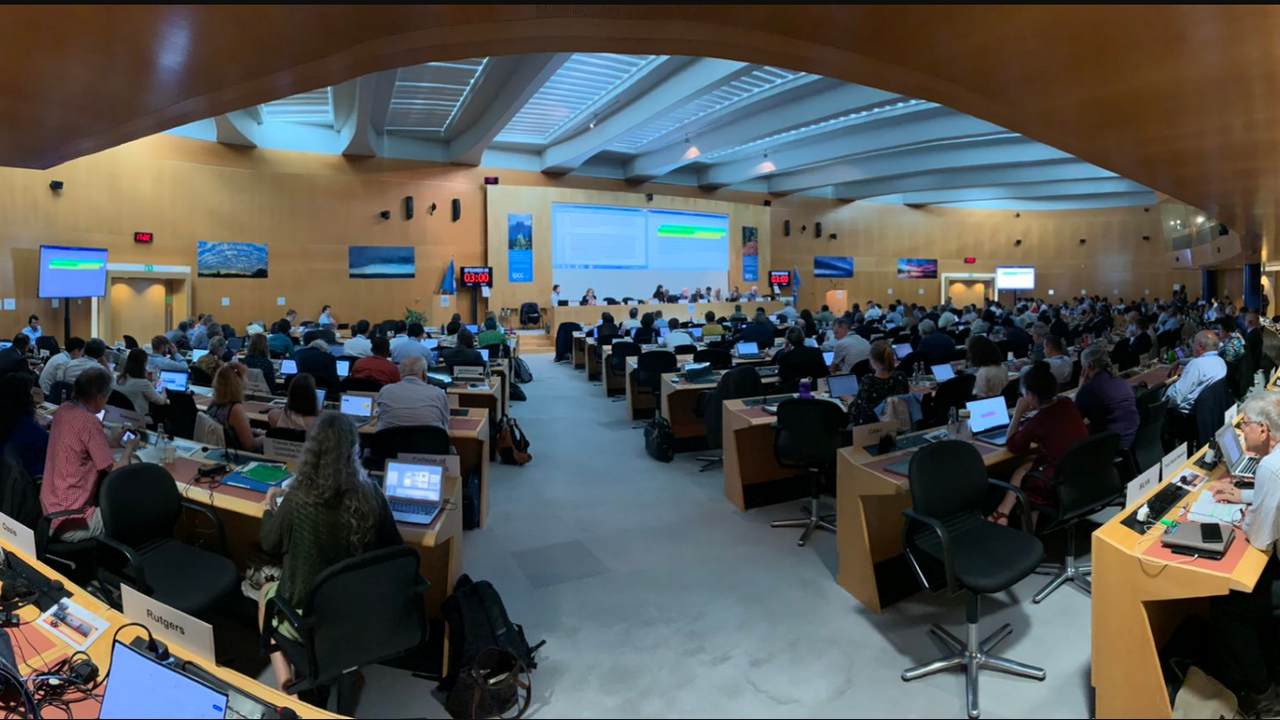Negotiators from 195 countries on Wednesday finalised the most comprehensive scientific assessment yet of how the land we live off affects climate change, after marathon talks in Geneva, sources told AFP. The land-use report from the United Nations’ Intergovernmental Panel on Climate Change (IPCC), running over 1,000 pages compiled by 108 scientists drawing from thousands of data points, is expected to spell out the stark choices facing a warming planet with a growing, hungry population. Experts from around the world have spent the last few days poring over the report’s summary for policymakers — a concise run-down of the science containing a range of possible solutions and trade-offs.
The @IPCC_CH Special Report on #ClimateChange & Land was just approved!
— ipbes (@IPBES) August 7, 2019
Congratulations to all delegates, authors, staffers & volunteers.
Follow along with the #SRCCL Trello board:https://t.co/A2cleo9x9o
Report launch via livestream, 8 Aug 10 AM CEST:https://t.co/FxYFoJBgM5 pic.twitter.com/4G9lw2us0E
A key sticking point during negotiations was the role of bioenergy — power derived from burning plant matter — and to what extent such schemes should be rolled out to combat climate change. Bioenergy and other largely untested geoengineering initiatives will require an enormous amount of land to achieve the emissions reductions needed to limit temperature rises to 1.5C above pre-industrial levels. With the world’s population expected to rise to 10 billion by mid-century, there are fears there is simply not enough land to both sustainably feed people and mitigate climate change. [caption id=“attachment_7129201” align=“alignnone” width=“1280”] Member nations approved the IPCC report. Image credit: Twitter/JPascal van Ypersele[/caption] Sources close to the talks in Geneva said countries with large forest cover, including Canada, Brazil, Sweden and Norway, had pushed for a greater role for bioenergy in climate planning, something nations already facing desertification and drought pushed back on. The final summary for policymakers will be made public on Thursday and is expected to highlight food inequality on a global scale, with two billion adults overweight or obese sharing a planet with 820 million suffering chronic hunger.


)
)
)
)
)
)
)
)
)



